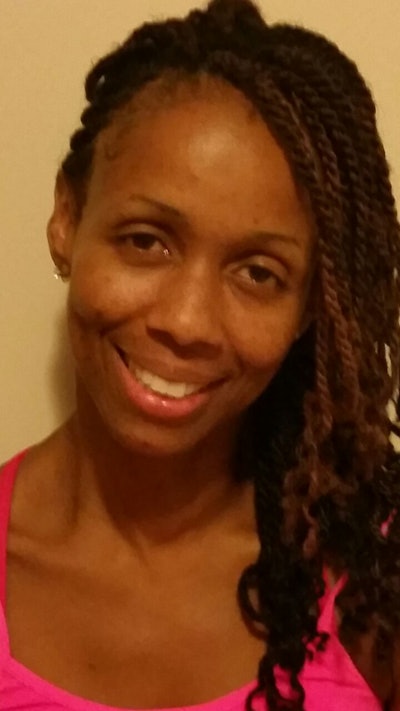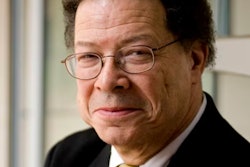I have made this point consistently in previous posts and will make it again: our health is our wealth and therefore an exceedingly important problem to solve. Higher education is uniquely poised to play a role in this. Yet, practical health curriculum is the exception rather than the rule.
Looked at from a diverse perspective, the health problem is even bigger. Wide disparities in health outcomes continue to persist between various cultural groups. And, it seems, despite these disparities, there has been a shift away from approaches that consider and take into account cultural differences. Cultural competence as it relates to health appears to focus mainly on identifying barriers to health care such as bias, communication (linguistic, literacy) and access (social, administrative). 
As it relates to health, I believe culture can play a much more prescriptive role in understanding opportunities to improve health outcomes and overall well-being within particular population groups. My view of cultural competence in health not only eliminates barriers but also leverages the actual resources that a given culture’s traditions and behaviors provide. My book GET A GGRiPP: The Health and Wellness Movement Rooted in Black Cultural Traditions, is itself rooted in the premise that examination of a particular culture’s traditions and behaviors can uncover innovative ideas for how members of that culture can achieve their optimal state of wellness.
I mentioned the apparent shift away from acknowledgment of individual cultures in the context of health and health improvement. I have seen it at various levels and in multiple sectors; in 2011, as the Lead for the “African-American Campaign” I found myself making the case to the California Public Health Department to keep public health campaigns targeted at individual cultures rather than moving to a single, aggregated “minority” campaign. Prior to that, as the Lead for the African-American Support Network for my fellow corporate consultants, despite the obvious statistics, we constantly had to defend the need for such a support organization. Lastly, I have watched the consistent struggle at my alma mater (even since my days as a student 25 years ago) for support for cultural/ethnic theme houses and dorms.
At multiple levels and in various sectors, we “tolerate” but don’t embrace cultural difference. Perhaps it is the oft-cited “fear of the unknown.” Perhaps it is a lack of the maturity and self-esteem required to see distinct cultures, not in competition or comparison, but for culture’s uniquely beautiful aspects. Perhaps it is the assumption that to honor individual cultures somehow creates division.
Whatever the reason, there needs to, can and should be a healthy appreciation and respect for the richness of cultures and the differences that make each unique. The bottom line is, as AT&T CEO Randall Stephenson said in 2016, “tolerance [of difference] is for cowards.” The acknowledgement of individual cultures gives us the basis for critical conversations and needed mutual understanding. From an education perspective, the sheer number of learning opportunities inherent in cultural differences provide enormous value. From a health perspective, it offers opportunities for specific culturally-relevant recommendations for good health.
In that vein, I would love to see cultural competence enable the development and dissemination of more prescriptive approaches for improving health and well-being. The promise of cultural competence for health embraces the full “cultural context” to include specific recommendations rooted in biological, social and historical perspectives on good health and optimal well-being for those of a certain cultural heritage.














